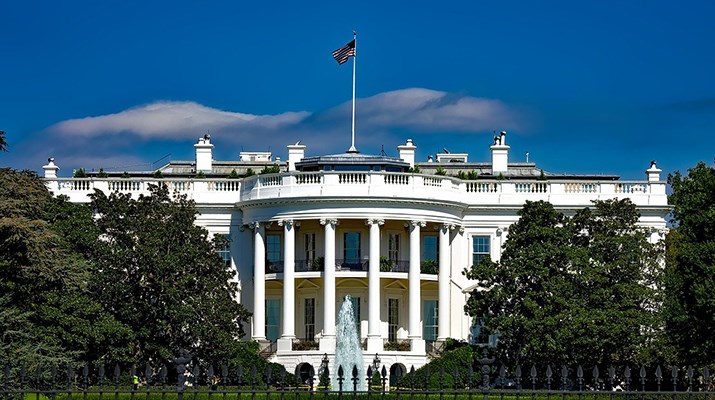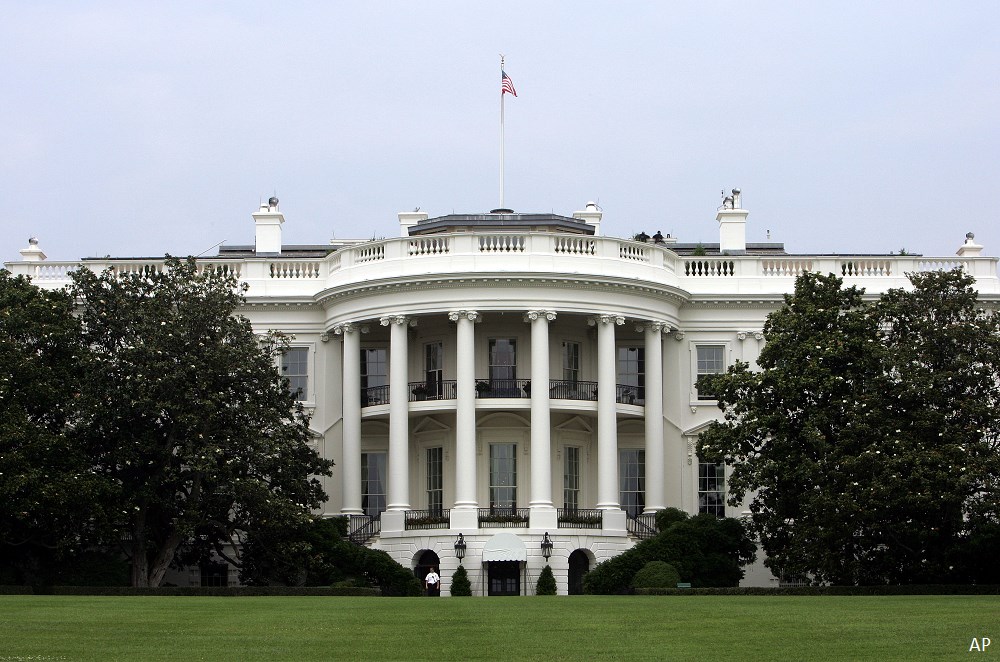
While it's often the big tech names that get most of the attention when we think about investing in the US, there are more than 1,700 stocks listed on the MSCI USA Small Cap Index. As the world watches for the results of the US election, it's worth considering the prospects for these firms too.
What Does a Biden Win Mean for my Portfolio?
From a regulation standpoint, it is thought that tax rates could be hiked under a President Biden, and that could be bad for financial stocks. “Banks are usually domestically orientated,” says Nicolas Janvier, manager of three-star rated Threadneedle American Smaller Companies. “Thus, having the corporate tax going up would impact these companies more than the ones that are more global or have exposure outside the US."
But a Biden Presidency could also mean an increase in fiscal stimulus, more stability and an increase in international trade. Cormac Weldon, manager of the four-star Artemis US Smaller Companies, says anything which stimulates the US economy is positive for smaller companies, since they are more domestic focused. “Many small businesses are individual owners, the support they would get would benefit them directly,” he says.
A democratic sweep would also help clean energy and green infrastructure stocks, of which there are plenty in the US small-cap space. Weldon likes NextEra Energy Partner (1N6) in the sector. He believes support for renewables will be reinforced under Biden, but even during the Trump era, he points out, that regulations are in favour and “customers want renewables".
While some might assume energy and financial stocks would do better under Trump's policy of deregulation, Jan Willem Berghuis, manager of the Bronze-Rated Kempen Global Small-Cap Fund, points out that “this year these sectors haven been performing poorly under the same administration".
Morningstar US Small Cap vs Morningstar US Large Cap
Healthcare and Hospitality
Meanwhile, the expanding of Obamacare could have a positive impact on the small-cap space. “It will be negative for large pharmaceutical companies, but positive for small-cap companies that can benefit having more cover, procedures and hospital admissions,” says Janvier. Some 17% of the MSCI USA Small Cap Index is taken up by healthcare stocks, so any boost to their prospects could be a real boon to performance.
The consumer discretionary sector, meanwhile, accounts for almost 15% of the index and the outlook for retailers and hospitality remains uncertain, regardless of who wins the election. Already struggling with Covid-19 restrictions, a raise in minimum wage could further impact these sectors, especially smaller businesses with fewer employees and weaker balance sheets.
Janvier also points out that it's important not to get too hung up on the macro-economic environment. US small-caps have proved fairly resilient so far - indeed, the index was down just 0.27% in the year to September 30. This is, however, significantly behind the large-cap focused MSCI USA index, which returned 16.47%.
An entrepreneurial nature and strong corporate governance make US small-caps resilient, says Berghuis. “The US has been the region where we have been able to add most value via stock selection since the inception of our fund in 2014," he adds. Indeed, over the long-term, small-caps have outperformed with annualised returns of 8.5% since December 2000, compared with 6.42% for the large-cap index.




























